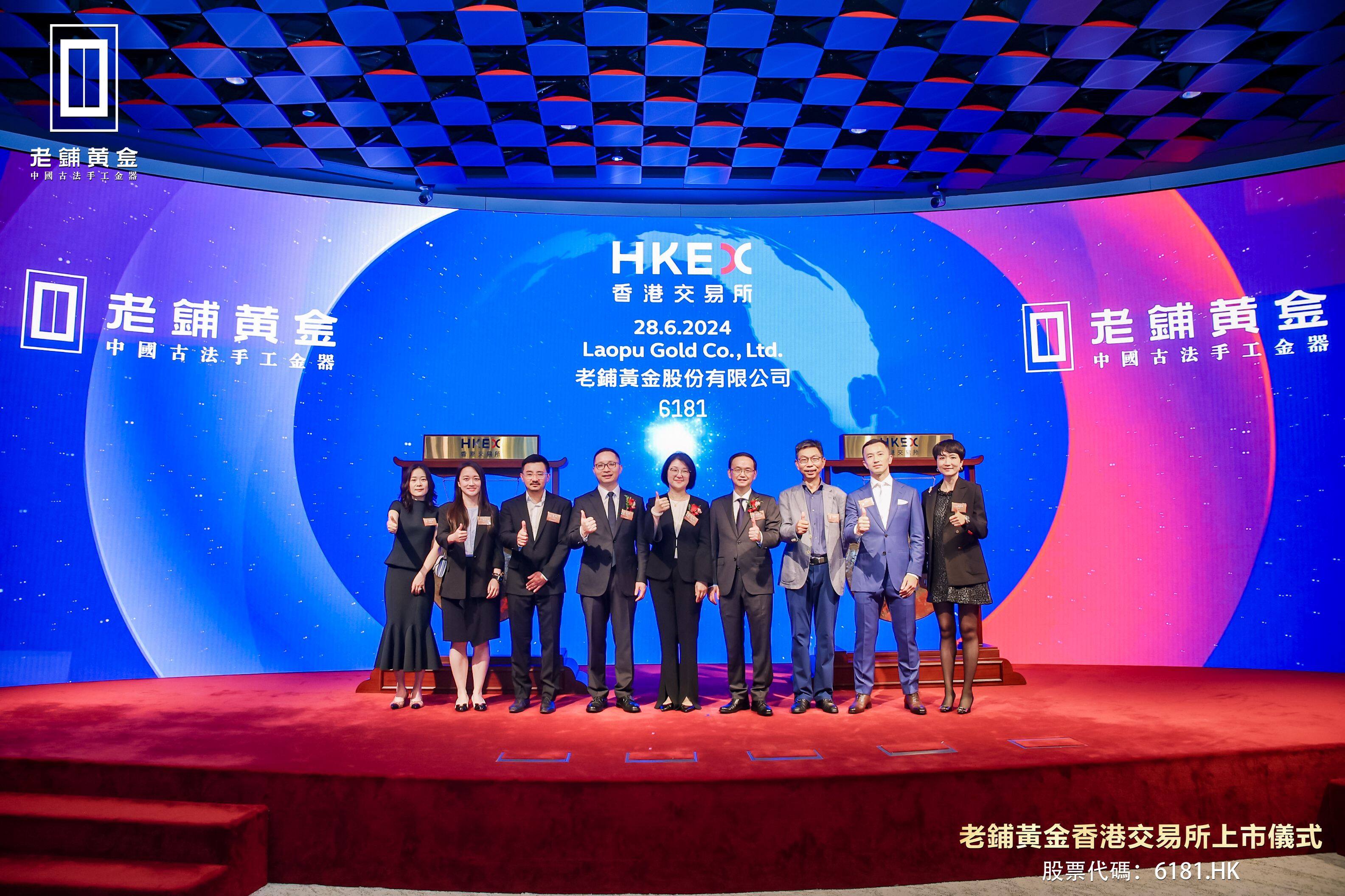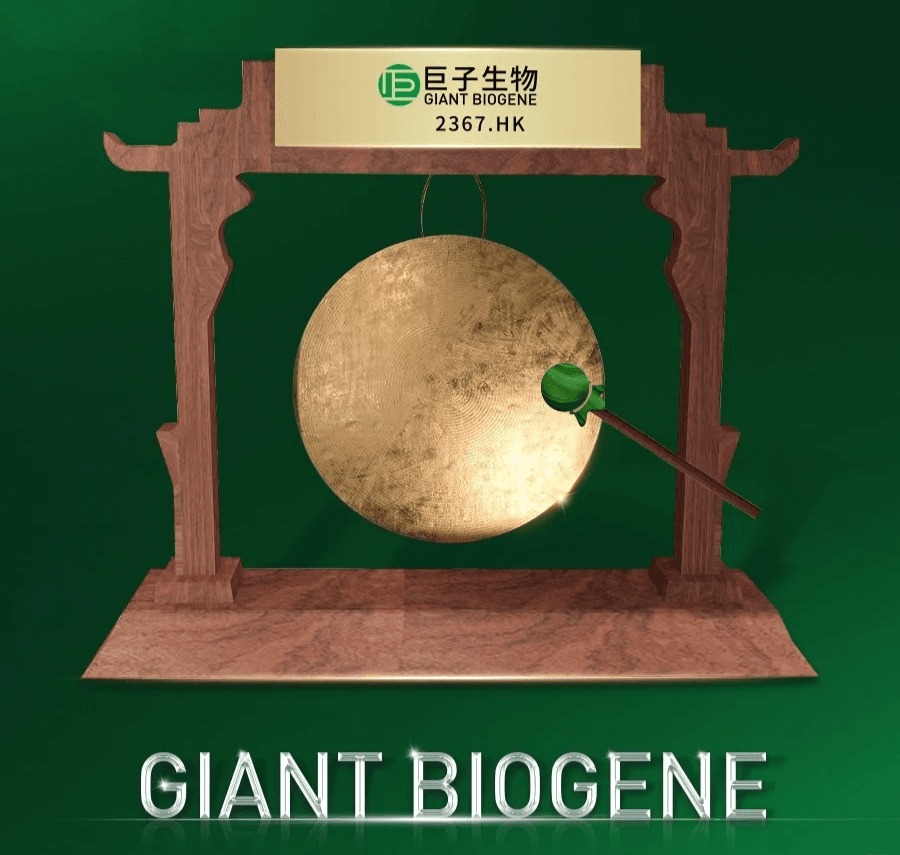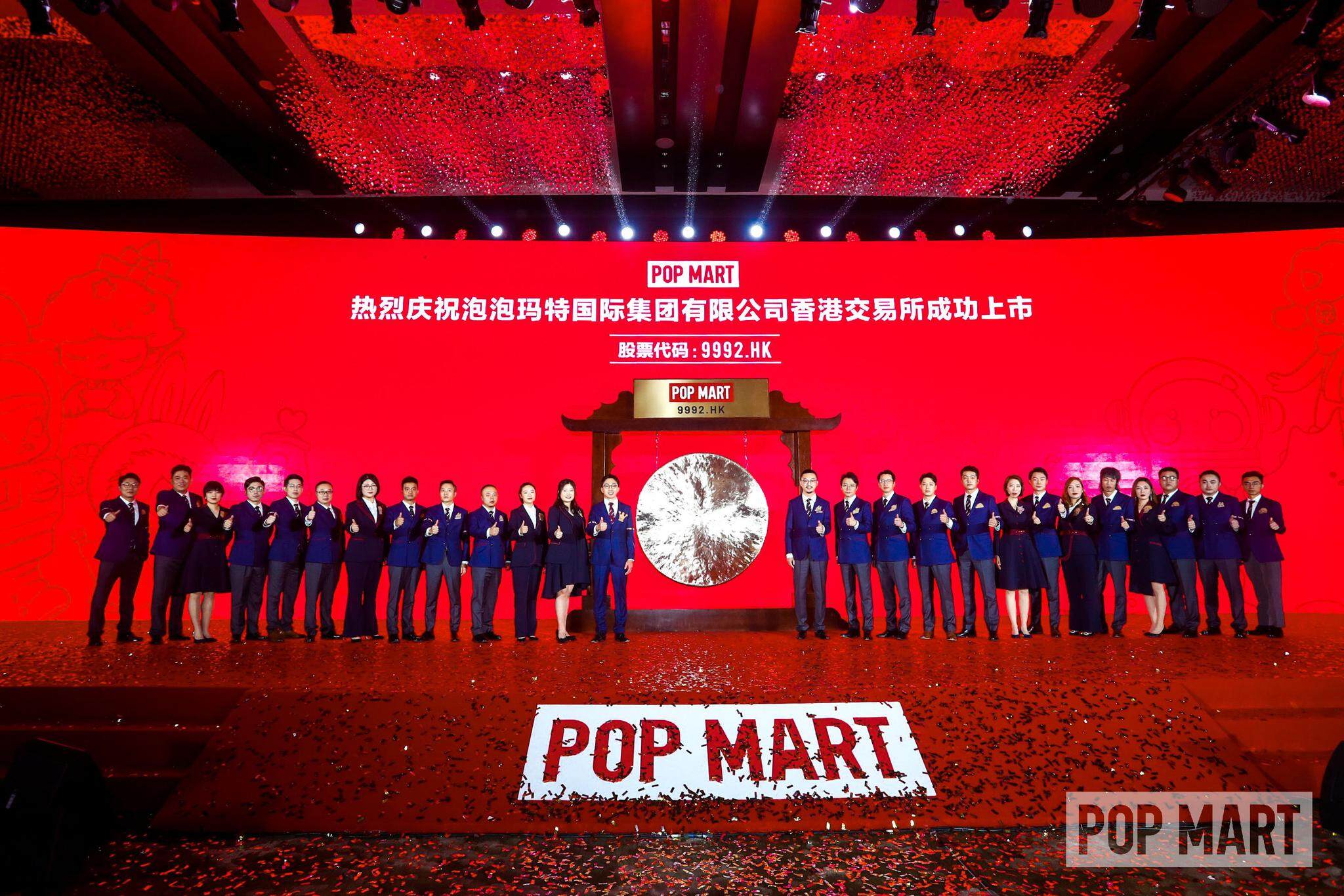ESG has gradually become a key metric for evaluating a company’s sustainability, and concepts like ESG, social value, and sustainability have never been more popular in China than they are today. In collaboration with the Institute of Sociology at the Chinese Academy of Social Sciences (CASS), BA Capital conducted a study combining quantitative analysis with field research to understand how ESG and social value are evolving within China’s consumer industry. This joint effort culminated in the publication of the report — New Challenges, New Values, and New Future: 2022 Report on the Social Value of Chinese Consumer Companies.
The report developed a comprehensive Social Value Indicator System. This system includes: Primary indicators: self-value and collaborative value; Secondary indicators: 10 dimensions such as corporate governance, employee rights, and cooperation with government organizations; Tertiary indicators: 66 specific measures covering detailed aspects like governance structure, labor protections, and green initiatives.
Key Findings:
Industry veterans, whether established or listed earlier, tend to lead in creating social value. Companies listed in earlier periods had higher average scores in both self-value and social value dimensions.
Companies with female board members demonstrated superior performance across all sub-dimensions of social value, particularly in corporate governance and collaboration with government organizations.
Self-value indicators show that most companies emphasize corporate governance, but fall short in areas like environmental initiatives and corporate culture. Synergy value indicators show strong collaboration with government bodies, but limited cooperation with international organizations, social groups, and cultural media.
There is significant differentiation in how consumer companies create social value: 1) Top vs. bottom: Leading firms have built a clear advantage, while mid- stage and late-stage firms still have substantial room for improvement. 2) Across industries: Pharmaceuticals and household appliances rank high in social value performance, whereas beauty, personal care, and food & beverage sectors have yet to unlock their full potential. 3) Diversity of practice: Companies are developing increasingly diverse approaches to integrating social value into their operations.
Emerging companies are making notable innovations and contributions in the field of social value. Practicing ESG is no longer exclusive to large or long-established firms—many young consumer brands are now embedding ESG and social value considerations into their core strategies, thereby enriching the meaning and impact of ESG in China’s consumer sector.














